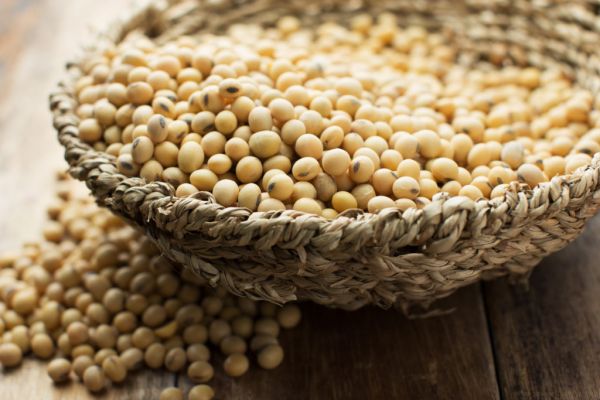The removal of milk quotas in a year will profoundly modify allocation of dairy production volumes across EU countries.
That's according to research completed by agriculture specialists MTT Finland, who noted that competition in the supply chain will intensify especially in Northern Europe.
Entitled, 'Competitiveness of Northern EUropean dairy chains', MTT Agrifood Research says that the removal of EU milk quotas in 2015 will "speed up" the increasing geographical concentration of milk production in Northern European countries like Poland, Denmark, Germany Sweden and the Baltics.
Milk quotas were introduced throughout the EU in 1984 to address an overproduction problem. Each EU member state has a national quota which it distributes to famers and if exceeded, the country must pay a penalty or "super levy", to the EU. But this will all change in a year's time.
The researchers say all the links in the chain should be strong in order to shape a competitive sector.
“Otherwise, the stronger elements of the chain tend to seek commercial alliances with companies in neighbouring countries, which may give rise to tensions within the dairy supply chain in the country.”
Financed by the Finnish Government, the study examined the economic performance, productivity, foreign trade performance, growth and innovation of supply chains in the aforementioned countries.
The study surmised that a "milk production belt" has formed across Northern Europe as farmers in the centre of the region focus their efforts elsewhere.
"High grain and oilseed prices, and the resulting improved profitability of cash crop production have attracted farmers in Central Europe to shift their focus to crop production," said the report.
It also said in periods of low world market prices, a large amount of ‘excess’ dairy products would flow into the internal EU market further exacerbating the positions of those dairies that predominantly act in their domestic market or within EU.
© 2014 - European Supermarket Magazine by Enda Dowling
To sign up to ESM’s weekly e-zine newsletter, send an email with the subject: ‘Subscribe ESM news’ to [email protected]










